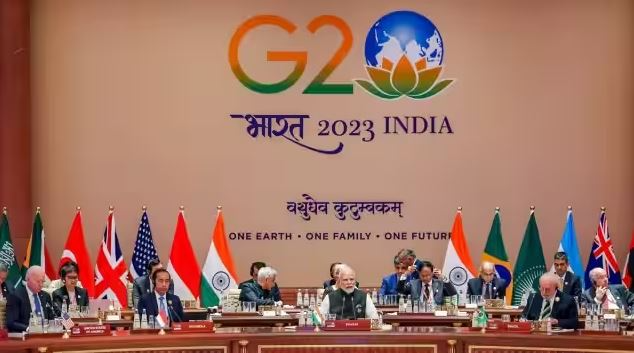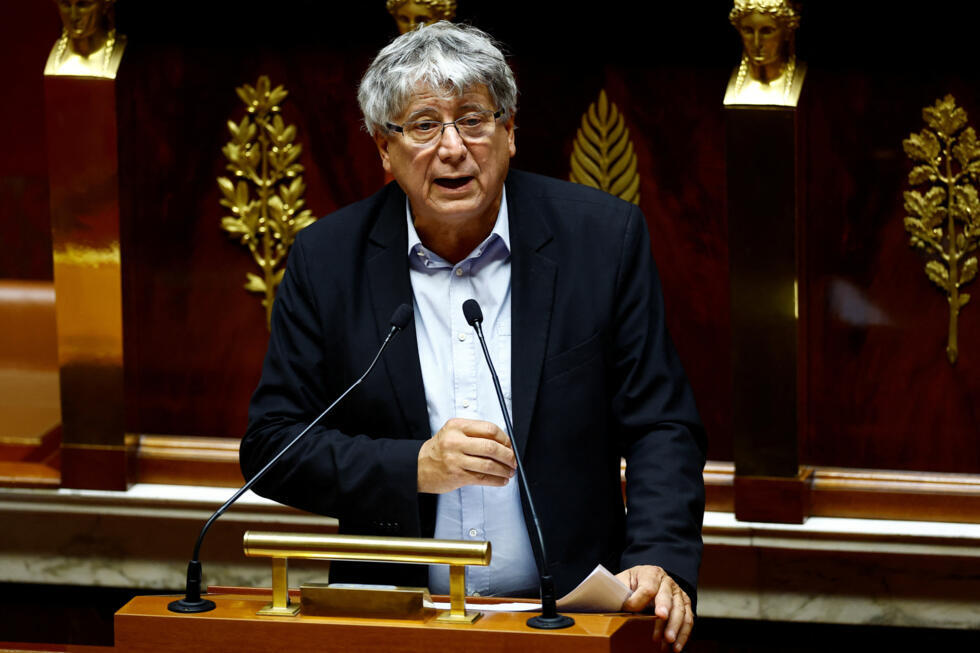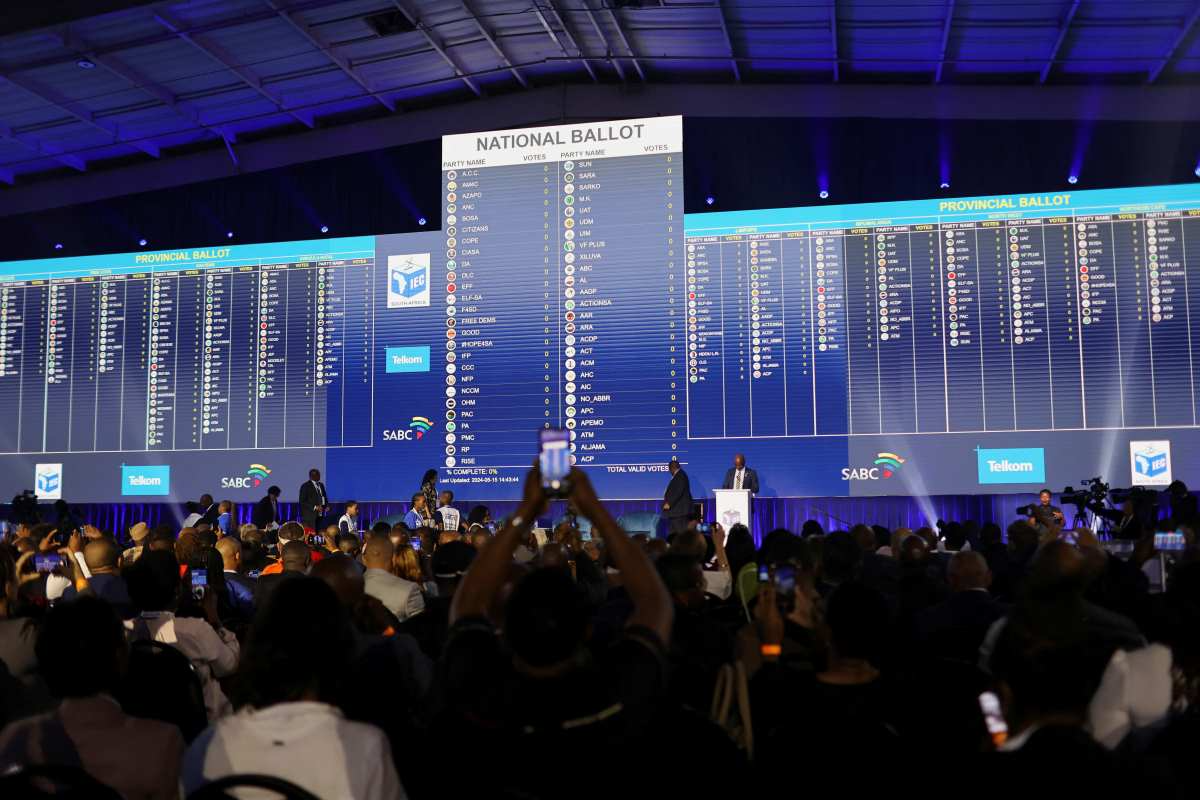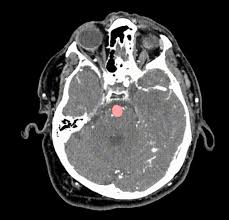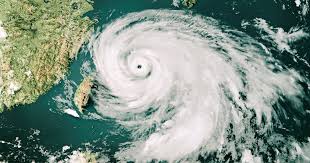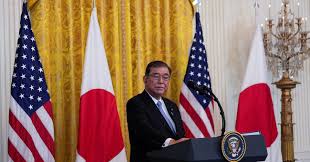
Japan’s PM Faces Backlash Over Defense Spending Increase Tensions Stir Ahead of Budget Vote
In a bold and contentious move, Japanese Prime Minister Yamada Satoshi has proposed a significant increase to the nation’s defense budget raising expenditure to 2.1% of GDP by fiscal year 2026, a marked departure from Japan’s post war arms control posture. While the plan is being framed as a response to accelerating regional security threats most notably China’s military expansion and North Korea’s missile tests it has unleashed nationwide debate. Critics warn that this shift undermines Japan's pacifist Constitution and risks exacerbating regional tensions, while proponents argue it’s vital for national security amid a deteriorating geopolitical climate.
A Shift in Security Posture
The proposed defense budget, rising from 1.25% to 2.1% of GDP over two years, represents Japan’s most substantial military investment since the early post war era. Under PM Yamada’s leadership, the government is planning to procure fifth generation fighter jets, Long Range Anti Ship Missiles, advanced Aegis Ashore systems, and early stage hypersonic defense capabilities. Additionally, new cyber and space units are expected to be established within the Japan Self Defense Forces (JSDF). In announcing the proposal, Yamada invoked the concept of “proactive pacifism,” framing the modernization as necessary to deter regional threats particularly China's coast guard patrols near the Senkaku Islands and North Korea’s missile provocations.
Internal Opposition Rises
Though backed by the ruling Liberal Democratic Party (LDP) and coalition partner Komeito, the proposal has met stiff resistance from within the party and Japan’s broader political spectrum. A vocal caucus of moderate LDP lawmakers, traditionally wary of military expansion, have publicly expressed concern. In party meetings, these members have argued that reckless spending could divert public resources from pressing domestic needs like healthcare, eldercare, and social welfare. Meanwhile, the Constitutional Democratic Party and other center left opposition factions have warned that this level of military ambition may conflict with Article 9 of Japan’s Constitution which renounces war as a sovereign right and could edge the country toward developing nuclear or strike first capabilities.
Public Opinion A Country Divided
Opinion polls reveal a nation split. While 48% of respondents support the proposed increase citing rising regional threats and the need to beef up deterrence 44% opposed it, fearing an erosion of Japan’s pacifist identity and escalating tensions. In Tokyo, large public forums and university debates are packed with students, retirees, and intellectuals voicing concern about a militarization path. These discussions reflect wider anxiety with memories of war still vivid in the public psyche, many fear this expansion could lead Japan into more direct regional confrontation or foreign entanglements.
Regional Backlash and Geopolitical Ramifications
Beyond Japan's borders, the announcement has triggered unease in neighboring countries. China’s Ministry of Foreign Affairs stated the spending increase “deviates from Japan’s defensive posture” and may disturb regional peace. South Korea already sensitive to Japanese military expansion has issued a tentative statement urging restraint, while North Korea denounced the move as “preparation for aggression” and hinted it would escalate missile and nuclear deployments. Japan’s government, however, has sought to balance the messaging assuring neighbors the expansion is purely defensive and aimed at countering shared regional threats.
Budget Trade offs and Economic Considerations
Critics within Japan have strongly objected to the proposed trade offs. Many argue that raising national debt which stands at over 250% of GDP by increasing defense spending is reckless. Economic analysts caution that redirecting such extensive funding could further weaken social safety nets, delay infrastructure upgrades, and slow down the nation’s aging population support systems. PM Yamada has countered these critiques by promising phased implementation alongside gradual tax adjustments to limit deficit impacts but skeptics doubt if meaningful funding for welfare and infrastructure can coexist with such an aggressive defense buildup.
International Partnerships and Strategic Calculus
As part of the revised policy, Japan seeks to deepen its security alliances particularly the US Japan and Quad partnerships involving Australia and India. The government plans to expand joint military exercises, host submarine visits to Japanese ports, and deploy missile defense assets to Kyushu, enhancing readiness for rapid contingencies. These moves have received backing from Washington, which views Japan’s modernization as a stabilizing counterbalance to Chinese ambitions. Yet, diplomats in Beijing and Seoul have cautioned that these developments must be carefully managed to avoid triggering an arms race.
What Lies Ahead Parliamentary Crossroads
The upcoming Diet session in late July will be a critical moment. PM Yamada must rally support from Komeito members who traditionally emphasize Japan’s pacifist traditions as well as conservative factions wary of constitutional change. Meanwhile, public pressure is mounting. Activists have begun mobilizing rallies in Okinawa (home to controversial US bases), Hiroshima, and other cities, urging stricter adherence to pacifist principles. If the defense increase passes without sufficient dialogue or compromise, it risks fracturing political alliances and igniting civil sector mobilization.
A Defining Moment for Japan
Japan is at a historical inflection point. While many accept the need to respond to rising threats in East Asia, the proposed defense shift raises deep questions about national identity and constitutional values. Will Japan maintain its status as a “proactive pacifist” nation wielding non offensive capability with moral restraint or drift toward becoming a de facto military power? Beyond ballots and budget sheets, the decision speaks directly to Japan's future role in global affairs. As the Diet gears up for the vote, every stakeholder from parliamentary leaders to university students understands that this isn't just a financial decision; it's a reckoning with Japan’s post war ethos and future trajectory.
Related Post
Popular News
Subscribe To Our Newsletter
No spam, notifications only about new products, updates.


